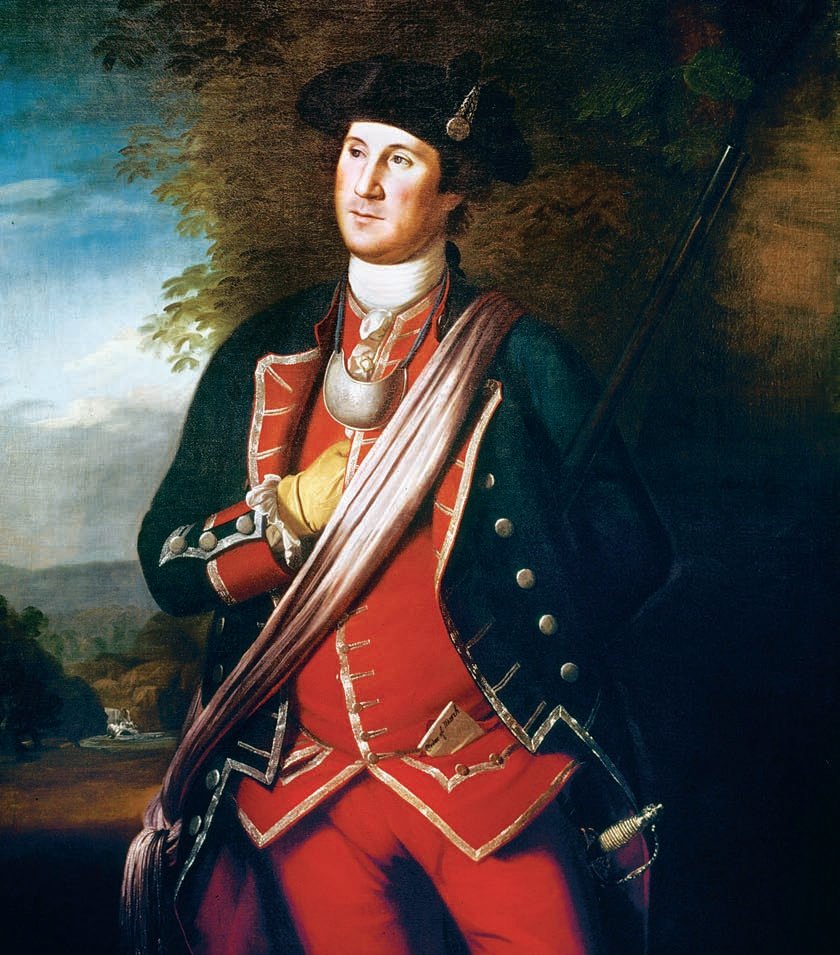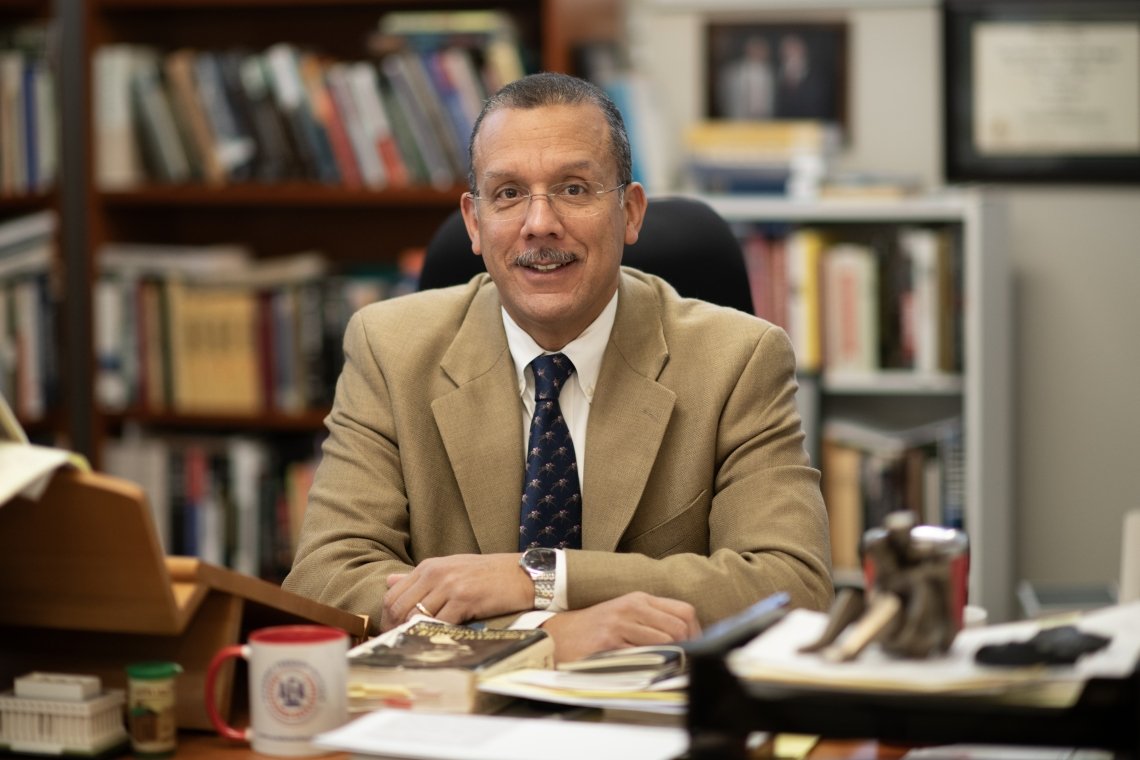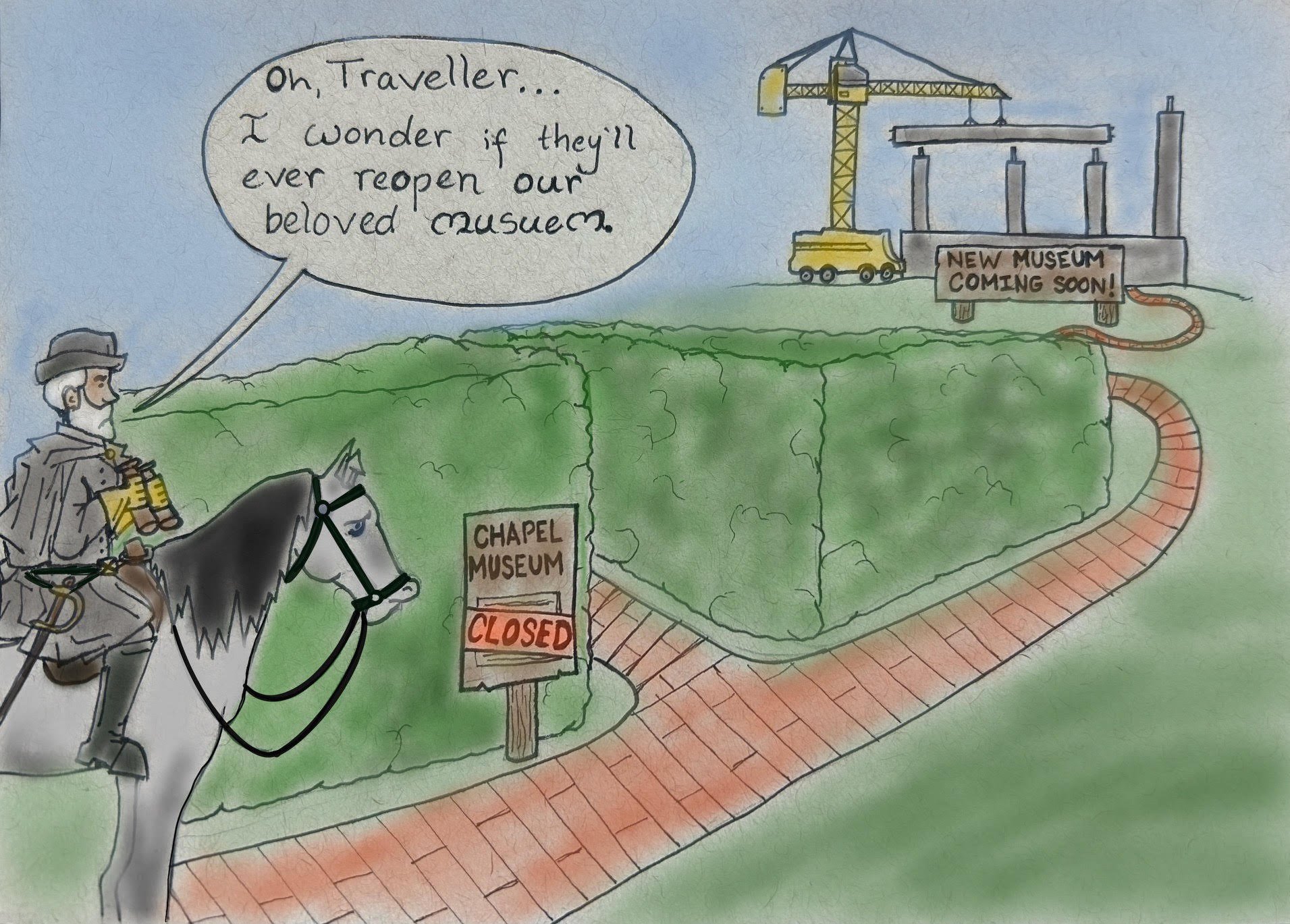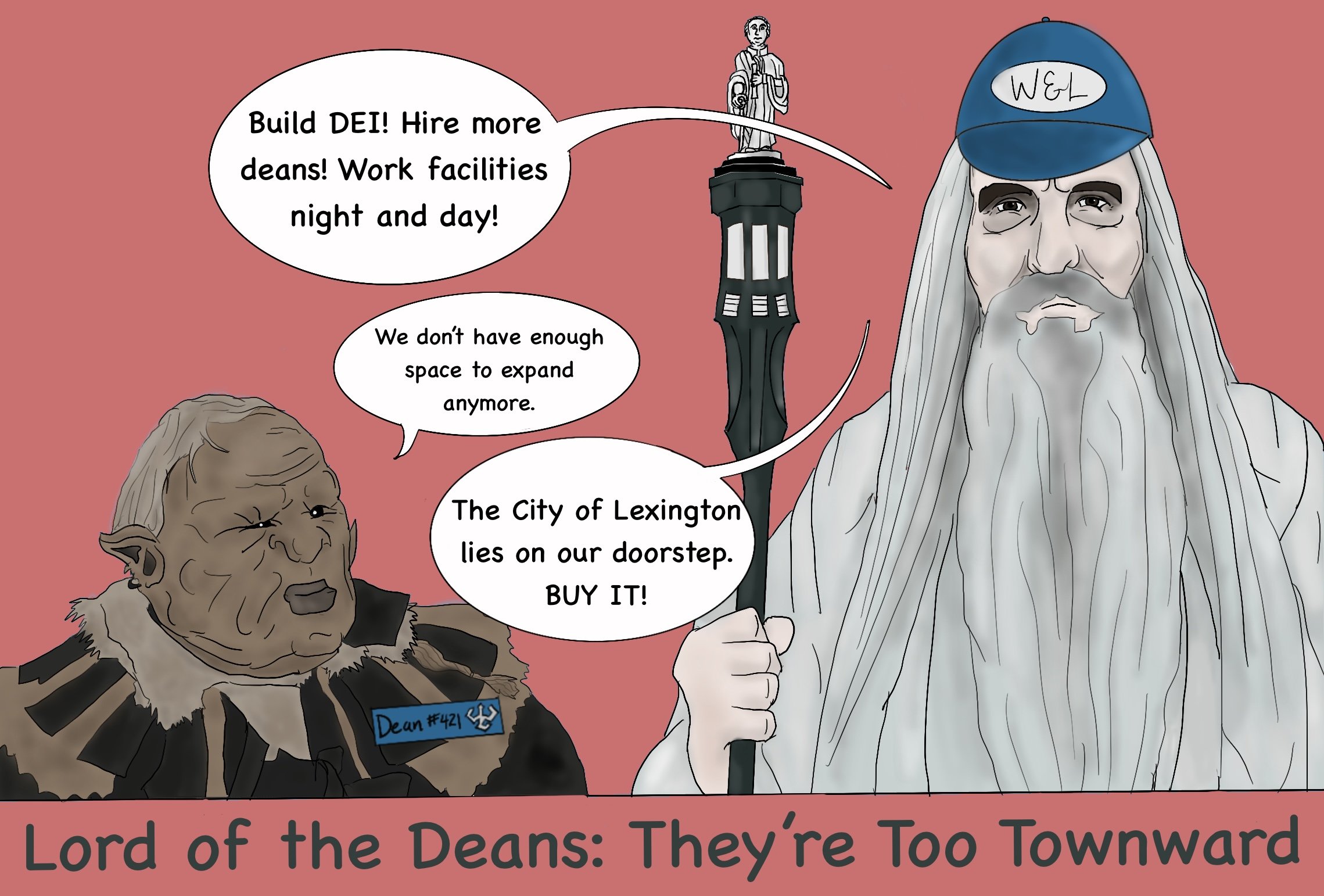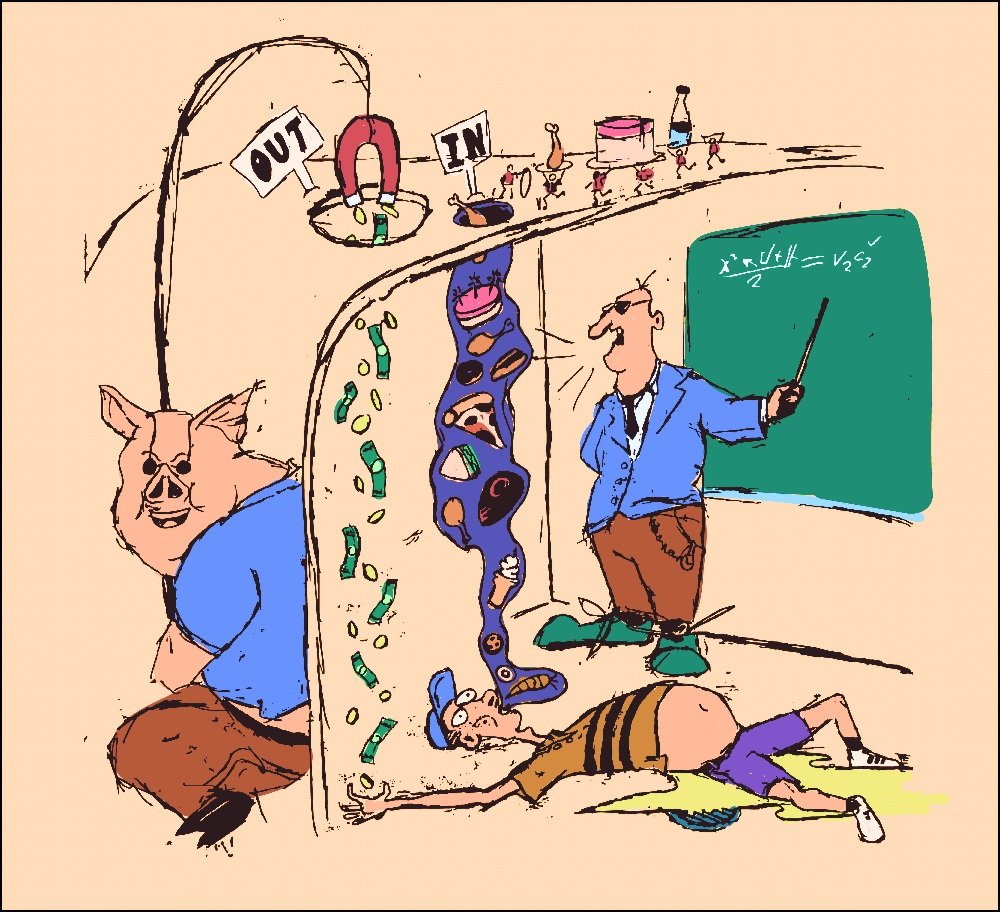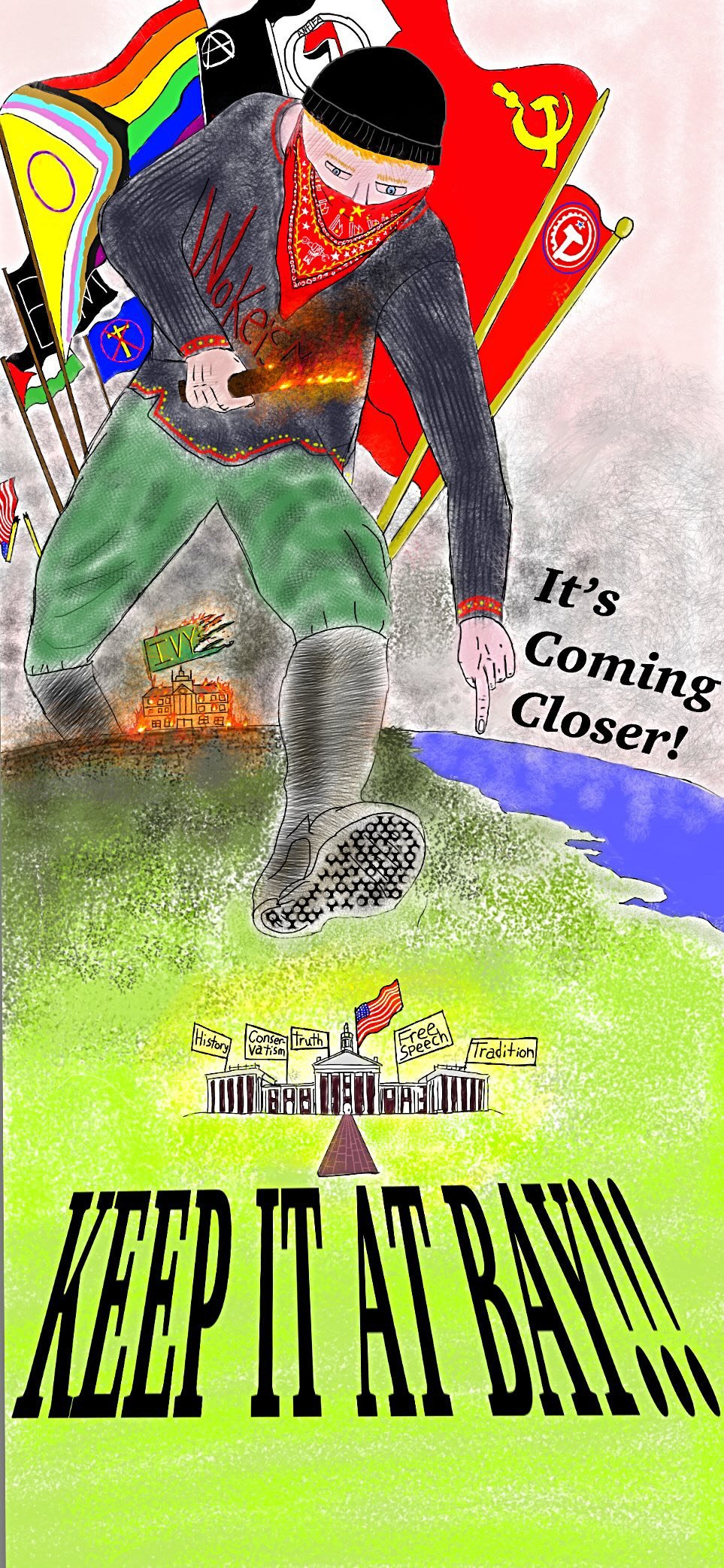Crockett explained that after eighteen leftist students were expelled from a Berlin Film and Television Academy, debates among student radicals eventually settled on a mass student strike.
“It's an irony of history, or perhaps an inevitability of history, that political extremism at either end of the spectrum is very unstable,” Crockett noted, later discussing how several of the far-left student radicals, including Rabehl, later became far-right figures.
Crockett said that he was “Unaware of what was happening” when he was arriving, yet quickly became so during his time in Germany. “A strike meant using any and all means, including violence, to ensure that no instruction takes place,” he explained, adding that “Professors perceived as authoritarian … or otherwise inimical to the movement became targets.”
“Eggshells filled with red dye were weapons of choice,” Crockett described, continuing, “Protestors would wait for a professor to say something they deemed politically offensive, then they would lob volleys of these eggs at the lecturer.” “Another popular weapon was spray paint,” he said, describing how radicals began to paint “revolutionary slogans” on buildings.
Crockett also described several individual experiences he had while in Germany. During one seminar, armed student protestors burst in, proclaiming the class was “canceled in the name of the revolution.” The professor then suggested that the lecture be allowed to continue and that the students and protestors meet later “for an evening of political discussion over beer.”
“Both sides kept their word, and it became one of my most memorable evenings of that year,” he said, describing it as “full of fruitful dialogue” and “respectful disagreement,” as well as “often heated, but always peaceful.”
Not all encounters with radicals were peaceful, as one of Crockett’s professors learned when she was physically thrown out of a lecture hall by students. Trying to enter his seminar, he was greeted by “a suddenly airborne professor, flying headlong about shoulder height through the door.” “She got to her feet, dusted herself off, exited the hall, and never lectured at the Free University again,” later going on to have “a distinguished teaching career in the United States.”
Other violence performed against professors during his year in Berlin included attempted defenestration.
Crockett also witnessed a student-led siege of a seminar. Students interrupted an evening class he was attending, chanting, “Mao Zedong! Ho Chi Minh!” The radicals, wearing normal clothing, had the goal of instigating a police siege and gaining publicity if the police committed violence against them or the seminar participants.
The seminar participants, who “hardly even noticed the commotion” at first, were quickly told that they had been locked in and that the radicals “had occupied the building in the name of the revolution, and we, the seminar members, had just joined them.”
Yet, bad planning, particularly the fact that the part of the building being occupied had no running water or bathrooms, led a prolonged standoff to quickly seem unfeasible. The radicals had been partially successful, though, as “a lot of police encircled the building” along with “several hundred curious students.”
Despite throwing many red-dyed eggs and urinating on the police, as well as threatening to torch the building, the police refused to meet the demands of the protestors. Eventually, the protestors agreed to release the seminar members in exchange for safe passage out of the building.
The police then allowed the seminar participants and protestors to leave but went back on their word and arrested the leader of the radicals. “The enraged crowd rushed to the police, who were in turn pushed back against us,” Crockett said. “Out came the cudgels, the melee was on.”
“At one point, I got knocked to the ground. Looking up, I saw a cop standing over me with a club drawn. Somehow, I eluded him,” with Crockett eventually escaping the scene unharmed.
“I made it through that night, and that year, without getting my head bashed, at least not physically,” he said. Nonetheless, the year transformed his view of the world, with Crockett receiving “a philosophical and political head-bashing” instead.



